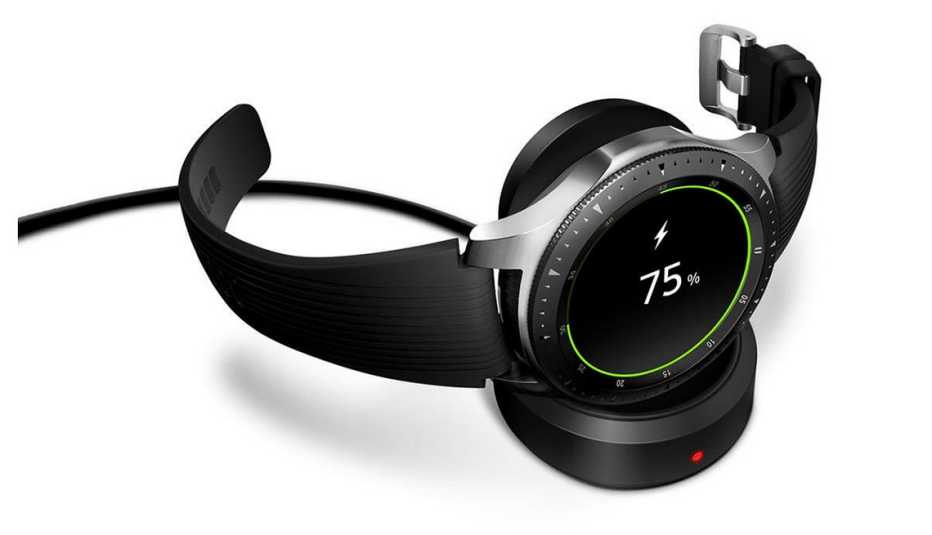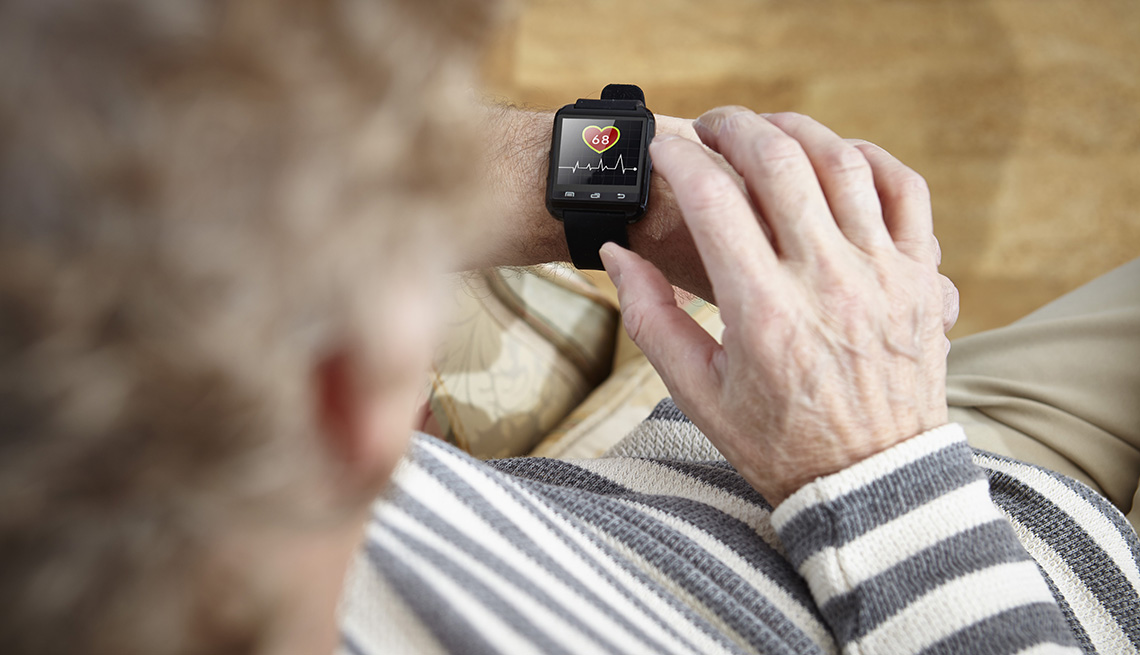Staying Fit
Many emergency alert bracelets and pendants are on the market now, but most are designed in a way that makes the person wearing them feel old and less self-sufficient.
However, in the past few years, smartwatches have evolved into powerful health, fitness and safety tools, with Apple leading the way. Apple Watch does much more than a traditional emergency alert bracelet or pendant, yet it's the same smartwatch that upwards of 65 million people worldwide of all ages — according to Apple financial tracking company Above Avalon — are already wearing.


AARP Membership— $12 for your first year when you sign up for Automatic Renewal
Get instant access to members-only products and hundreds of discounts, a free second membership, and a subscription to AARP the Magazine.
Beginning with the Series 2, Apple and its high-end companions, Fitbit Sense, $330; Samsung Galaxy Watch3, starting at $370; and Samsung Galaxy Watch Active2, starting at $270, are rated water-resistant to a depth of more than 150 feet for 10 minutes, making it safe to keep on while in the pool, shower or tub.


With customizable watch faces, the Apple Watch displays the time, date and even current temperature on its large, colorful and easy-to-read display that can be seen in any lighting situation. However, the technology built into the watch also allows it to serve as a feature-packed, user-friendly health and fitness tracking tool as well as a powerful emergency alert and tracking system.
Caregivers get some oversight
Apple Watch's new Family Setup feature, available for Series 4 or later that can upload watchOS 7 software, can be extremely helpful to adult family caregivers even though it's primarily marketed to moms who want to keep track of their kids. Many functions of the watch worn by a care recipient can be remotely monitored and controlled by the caregiver's iPhone from anywhere.
This makes it easier than ever for the caregiver to communicate with the watch wearer, remotely track the wearer's location in real time and send reminders to the watch's screen relating to appointments, medications that need to be taken or tasks that need to be done.
The latest Apple Watch, Series 6, starts at $399, but it and other smartwatches will need GPS and standalone cellular capabilities to work effectively for caregivers and their loved ones. For Apple's Series 6, that means an extra $100 added to the base price of the watch before any cosmetic upgrades and a $10 monthly cellular service fee.








































































